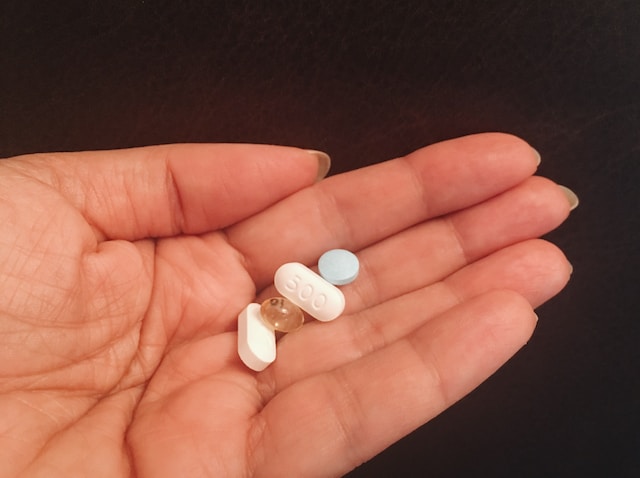In the intricate dance of nutrients within our bodies, Vitamin B-12 holds a position of paramount importance. However, when this crucial vitamin is lacking, the repercussions can cast a shadow on our overall well-being. In this blog post, we will delve into the intricacies of Vitamin B-12 deficiency, exploring its causes, symptoms, and the importance of prompt intervention.

Understanding Vitamin B-12 Deficiency:
Vitamin B-12 deficiency occurs when the body doesn’t receive an adequate amount of this essential nutrient. Given its pivotal role in various bodily functions, the consequences of deficiency can manifest in a range of symptoms affecting both physical and mental well-being.
Causes of Vitamin B-12 Deficiency:
- Dietary Insufficiency:
- A primary cause of B-12 deficiency is a diet lacking in sufficient animal products, as they are the primary sources of this vitamin. Vegetarians and vegans may be at a higher risk and need to carefully plan their diets or consider supplements.
- Malabsorption Issues:
- Conditions that affect the absorption of nutrients in the digestive system, such as celiac disease, atrophic gastritis, or Crohn’s disease, can hinder the body’s ability to absorb B-12.
- Inadequate Intrinsic Factor:
- Intrinsic factor is a protein produced by the stomach that facilitates the absorption of B-12. Conditions like pernicious anemia, an autoimmune disorder that affects intrinsic factor production, can lead to deficiency.
- Age and Stomach Acid Decline:
- As individuals age, the production of stomach acid decreases. Since stomach acid is essential for releasing B-12 from food, older adults are more susceptible to deficiency.
- Medications:
- Certain medications, particularly proton pump inhibitors (PPIs) and H2 receptor antagonists used to treat acid reflux, can reduce the absorption of B-12 over time.
Symptoms of Vitamin B-12 Deficiency:
- Fatigue and Weakness:
- One of the early signs of B-12 deficiency is persistent fatigue and weakness, as the body struggles to produce sufficient energy.
- Anemia:
- Deficiency can lead to megaloblastic anemia, characterized by larger-than-normal red blood cells that are unable to function effectively.
- Neurological Symptoms:
- Tingling and numbness in the extremities, difficulty with balance and coordination, and cognitive impairment are neurological symptoms associated with severe B-12 deficiency.
- Pale or Jaundiced Skin:
- Anemia resulting from B-12 deficiency can manifest in pale or jaundiced skin.
- Mood Changes:
- Irritability, mood swings, and even symptoms resembling depression can occur in individuals with B-12 deficiency.
The Importance of Prompt Intervention:
Recognizing the symptoms and addressing B-12 deficiency promptly is crucial for preventing long-term complications. Left untreated, severe deficiency can lead to irreversible nerve damage and cognitive impairment.

Treatment Options:
- Dietary Changes:
- For mild deficiencies, adjusting the diet to include more B-12-rich foods or supplements may be sufficient.
- Supplements:
- Vitamin B-12 supplements, either in oral or injectable form, are often prescribed to address deficiencies, especially when absorption issues are present.
- Addressing Underlying Conditions:
- Treating underlying conditions that contribute to malabsorption, such as celiac disease or atrophic gastritis, is crucial for long-term management.
Conclusion:
Vitamin B-12 deficiency is a silent adversary that can impact various aspects of our health. Acknowledging its signs and addressing the root causes through dietary modifications, supplementation, or medical intervention is essential for maintaining optimal well-being. If you suspect a B-12 deficiency or experience persistent symptoms, seeking guidance from a healthcare professional is the first step toward stepping out of the shadows and into the light of vitality. Here’s to a balanced and nourished body, thriving on the essential power of Vitamin B-12.
